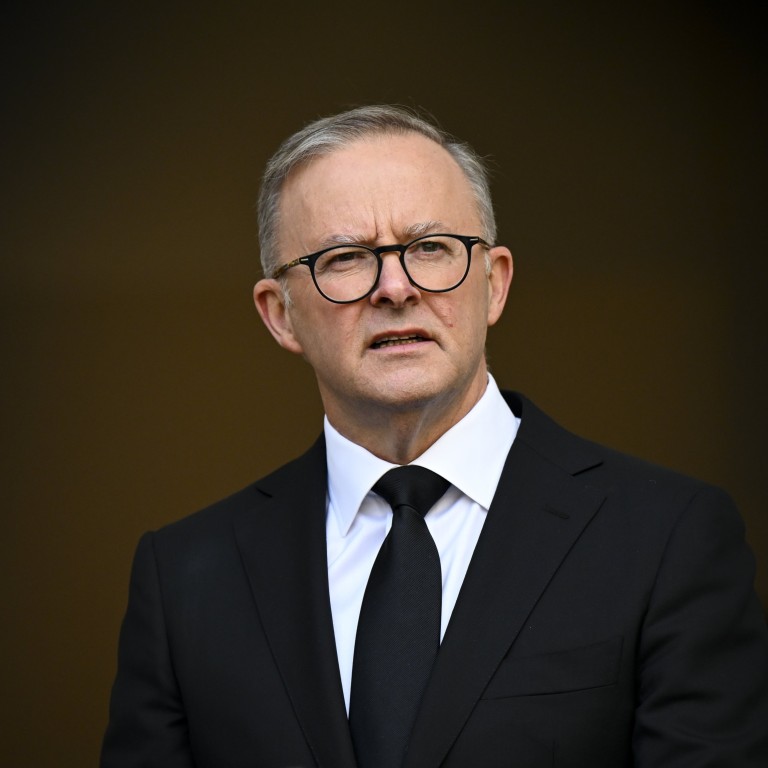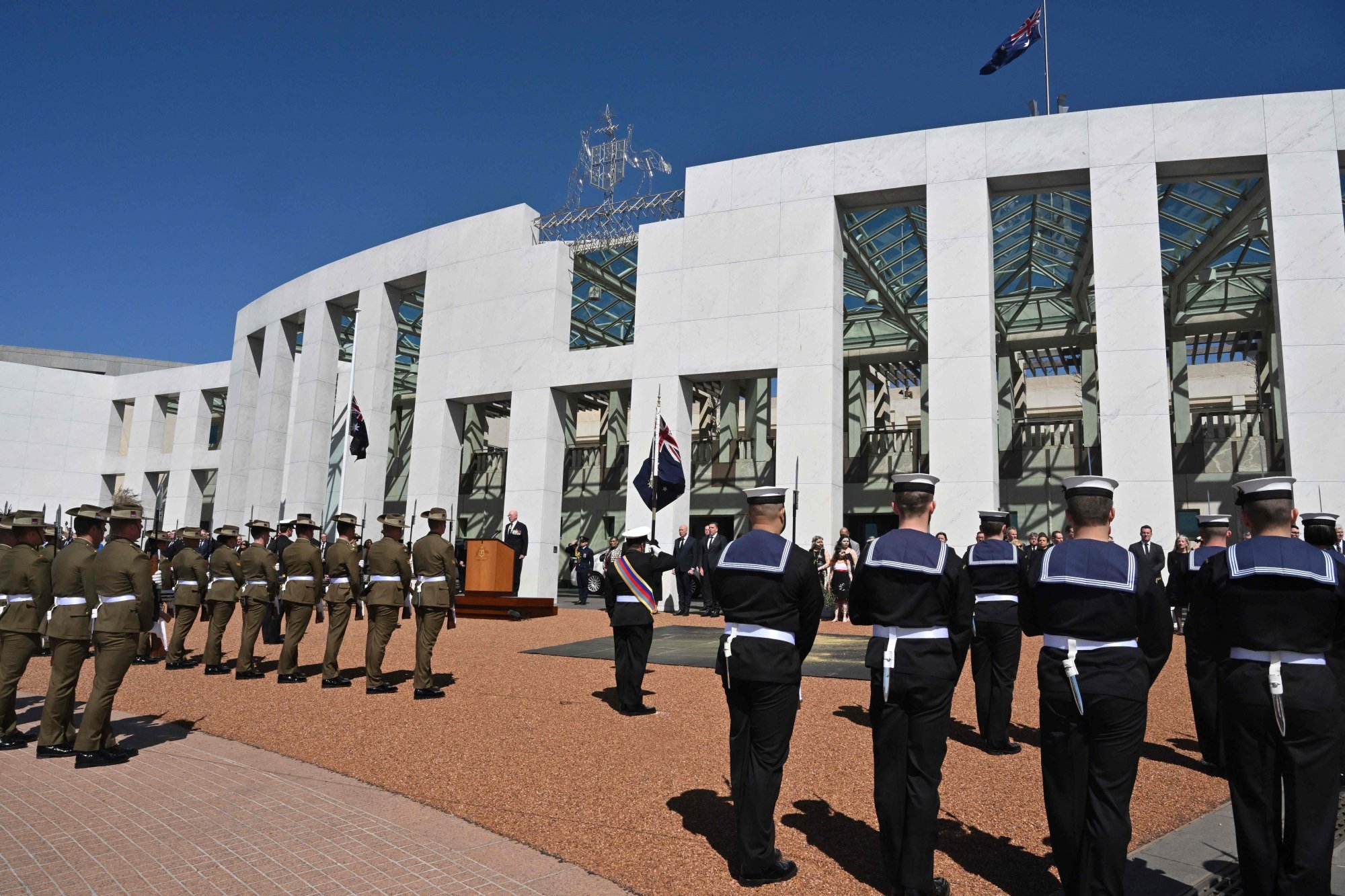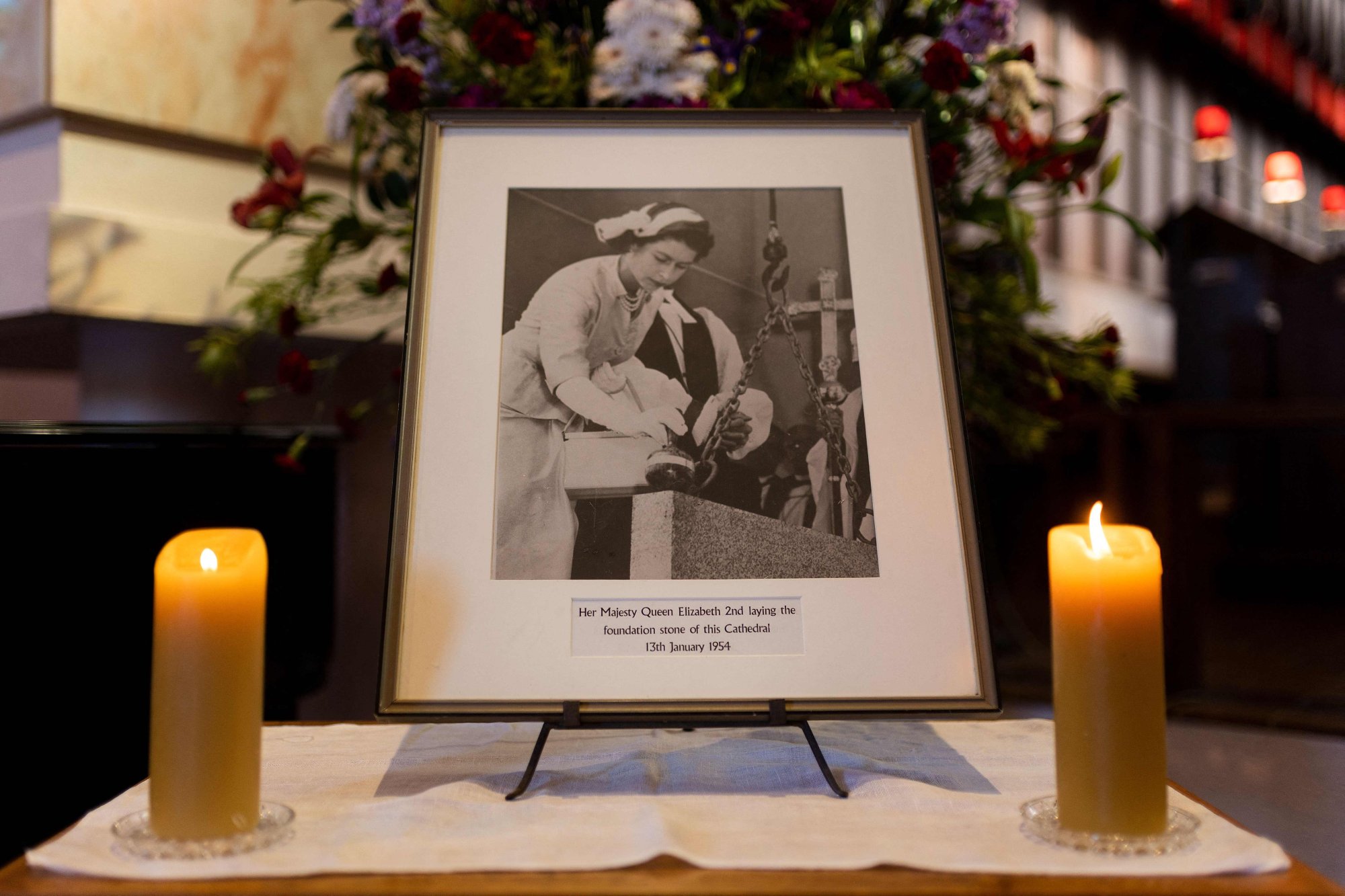
Australia PM defends 15-day parliament ban due to Queen Elizabeth’s death, even as UK legislature stays open
- Few knew of the protocol banning parliament from sitting before Queen Elizabeth died because it had been over 70 years since a British monarch’s death
- Australian Prime Minister Anthony Albanese defended parliament’s closure, saying carrying on with ‘business as usual is, I believe, not correct’

Most advocates for and against a republic are avoiding saying anything that might be seen as seeking advantage from the death of a widely respected monarch.
Because the last British monarch died in 1952, few knew of the Australian protocol. Only two kings had died between then and when parliament first sat in 1901.
Australia, New Zealand hail Queen Elizabeth as republic question returns
Asked who was behind the protocol, Albanese replied it had “been in place for a long period of time”.
“There is something to be said for a prime minister who follows tradition, who follows protocols and who follows order,” Albanese told reporters. “That is something that I have done to define my prime ministership – respect for those traditions.”
Parliamentary debate in Australia often degenerates into heated and unedifying personal abuse, particularly during Question Time, when lawmakers interrogate ministers about issues of the day.
“The idea that we could be debating Question Time as usual, that we could be having the engagement as if it was business as usual is, I believe, not correct,” Albanese said.
It’s like curtsying to the queen. There’s no law that requires it
While the opposition has accepted the new parliamentary schedule, senior opposition Senator Simon Birmingham expected the protocol would be reviewed.
“The custom and tradition here is appropriate for us to follow on this occasion. No doubt people will look carefully at these traditions in the future and assess how they carry forward,” Birmingham told Australian Broadcasting Corp.
Anne Twomey, a Sydney University constitutional lawyer, said the protocol was not binding on the government.
“It’s like curtsying to the queen. There’s no law that requires it. It’s just a matter of whether or not you choose to do it,” Twomey said.
Australia’s PM sets holiday to mourn Queen; dismisses republic talk – for now
Albanese and the monarch’s representative in Australia, Governor-General David Hurley, will represent the nation at the queen’s funeral next week.
He has not said whether any leader has accepted Australia’s offer of help.
“We want to ensure that no nation in our region, in the Pacific, as part of the Pacific family, is unable to attend the memorial service for Queen Elizabeth because of logistical concerns,” Albanese said.
One-off public holiday in New Zealand to mark queen’s death
Meanwhile, Jacinda Ardern on Monday said that her country would have a one-off public holiday on September 26 to mark the queen’s death.
“This, I hope, will be a chance to acknowledge a lifetime of service to New Zealand by Queen Elizabeth,” Ardern told reporters in Wellington.
“We need to acknowledge here [that] this is a one-in-70-year event. The queen was our sovereign, our head of state.”
“She made an enormous contribution to New Zealand through her public service,” Ardern added. “This marks a significant end to a chapter.”

A state memorial service will be held in the capital’s Cathedral of St Paul on the same day.
Ardern confirmed she will leave New Zealand on September 14 to attend the queen’s funeral in London, immediately after which she will fly to the United Nation’s General Assembly in New York.
Australian Prime Minister Anthony Albanese is also flying to London to attend the funeral.
New Zealand ditches most Covid rules; Japan to scrap nearly all curbs on visitors
On Sunday, Australia and New Zealand officially named King Charles III as monarch.
Both former British colonies have been independent for decades but retain the monarch as their head of state.
New Zealand PM says no republic plan following queen’s death
Ardern on Monday also said that her government will not be pursuing any moves toward changing New Zealand to a republic following the death of Queen Elizabeth.
Ardern said she thought New Zealand would eventually become a republic, and it would probably happen within her lifetime, but that there were more pressing issues for her government to pursue.
Additional reporting by Agence France-Presse

